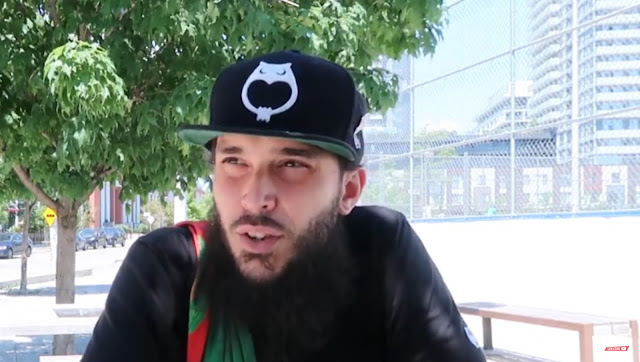Falling Through the Cracks: One person’s experience of the Government’s Financial Assistance During Covid-19 Pandemic

As one of the millions of Canadians effected by COVID-19 I was excited to learn that the government would be offering financial support to those struggling. On March 25th the creation of the Canadian Response Benefit (CERB) was announced by the federal government. Under this benefit Canadians would receive $500 a week for up to 16 weeks (extended to 24 weeks in June 2020). To apply, you must live in Canada, be at least 15, have lost your job due to COVID-19, and had an income of at least $5,000 in 2019 or the last 12 months. However this eligibility requirement left many Canadians like me out in the cold. I was one of those Canadians who either did not make enough money, who prior to the outbreak were unemployed, or were still working but had their hours cut down. In my case, I am a Black Woman who graduated out of university in 2019. As I am an inspiring snow boarder and love the mountains, I decided to move to Calgary to join a friend there. Unfortunately, it took me several mo







